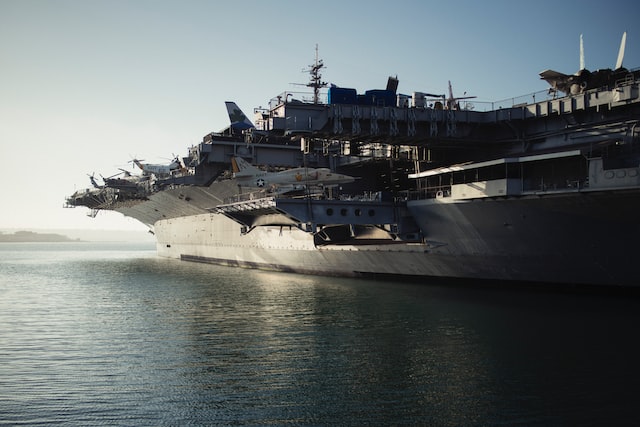

International sanctions: risks and considerations for the shipping and ports industry
Whether administered by the United Nations Security Council or unilaterally by countries and supranational organizations, international sanctions may impact business in Brazil
In Brazil, Federal Law No. 13,819/2019 (International Sanctions Law) governs the enforcement and monitoring of sanctions imposed by the United Nations Security Council (UNSC) on countries, entities, or individuals, with the primary purpose of promoting peace, protecting human rights, and combating terrorism.
In addition to the UNSC, certain countries and supranational organizations adopt unilateral sanctions and export controls (among other measures) to deter other sovereign states, organizations, and individuals from deepening their relationships or doing business with targets of sanctions.
Given their different targets and objectives, the categories and scope of international sanctions vary widely. They may be comprehensive, covering an entire territory, country or market, or they may specifically target individuals, business groups and organizations, including organizations that are not formal legal entities, such as terrorist organizations.
Impacts on the shipping and ports industry
UNSC sanctions can impose a wide range of effects, including arms embargoes, asset freezes, and bans on international trade and financing. There are currently 14 different international sanctions regimes in place under the UNSC and its sanctions committees, which focus on supporting political solutions to conflicts, nuclear non-proliferation and anti-terrorism. Sanctioned countries and entities include Somalia, ISIL/ISIS, Al-Qaeda, and Iraq.
As for unilateral sanctions imposed by other countries, it is worth noting that Brazil has not enacted any anti-sanctions laws or blocking statutes that limit the effectiveness of international statutes.
However, international sanctions laws administered by sovereign countries and supranational organizations such as the United States of America and the European Union may have an extraterritorial reach and effects that can impact Brazilian companies and individuals – in particular, the shipping and ports industry.
The Brazilian Navy’s recent authorization for Iranian warships to dock in the port of Rio de Janeiro represents a practical example of a situation where the potential reach of other sovereign countries’ sanctions laws becomes an issue. Through its Office of Foreign Assets Control (Ofac), the United States Treasury Department administers sanctions targeting the Islamic Republic of Iran, including specific rules that apply to the maritime and ports sector. As such, any failure to comply with sanctions may trigger civil and criminal consequences for individuals and organizations directly or indirectly subject to U.S. law.
The situation described above has gained a high profile, especially as the U.S. ambassador to Brazil has spoken out against the intended presence of Iranian vessels docking in Rio due to the United States’ sensitive diplomatic relationship with Iran and the current sanctions it has imposed. Despite the U.S. government’s position against the Brazilian Navy’s authorization for Iranian warships to dock in its ports, its ambassador did acknowledge Brazil’s sovereign right to decide. However, representatives from the U.S. Congress have criticized the Brazilian government and warned companies and other players about violating international sanctions laws in the event they collaborate with Iranian ships.
In these circumstances, a more cautious approach would seem pertinent, assessing whether the Brazilian authorities’ decisions take the potential risks to companies, businesspeople and other agents operating in the maritime and port industry into proper consideration. In principle, the actions of government authorities (such as the authorization issued by the Brazilian Navy) may not provide sufficient grounds on which to base a defense in the event of related lawsuits, leaving individuals and companies at risk should they enter into business relations with countries or entities subject to international sanctions.
Brazilian and international laws
Under Brazilian law, UNSC sanctions and the designations of its sanctions committees are immediately valid and enforceable both for Brazilian citizens and throughout Brazil’s territory.
From an international law standpoint, due to the inexistence of anti-sanctions laws that prohibit companies and individuals in Brazil from complying with potentially applicable foreign laws, the circumstances involving Iranian warships illustrate the risks for Brazilian entities with international operations or foreign entities operating in Brazil of not complying with international sanctions. The same risks also apply to individuals and organizations that enter into commercial relationships with companies from sanctioned countries.
Therefore, companies from the maritime and ports industry should ensure they take a cautious approach to this issue. They should assess and monitor their commercial relationships with countries or individuals originating from or potentially affiliated with sanctioned countries and territories, while also considering the reach of Brazilian and foreign laws.
For more information on this topic, please contact Mattos Filho’s Compliance & Corporate Ethics and Shipping & Ports practice areas.

